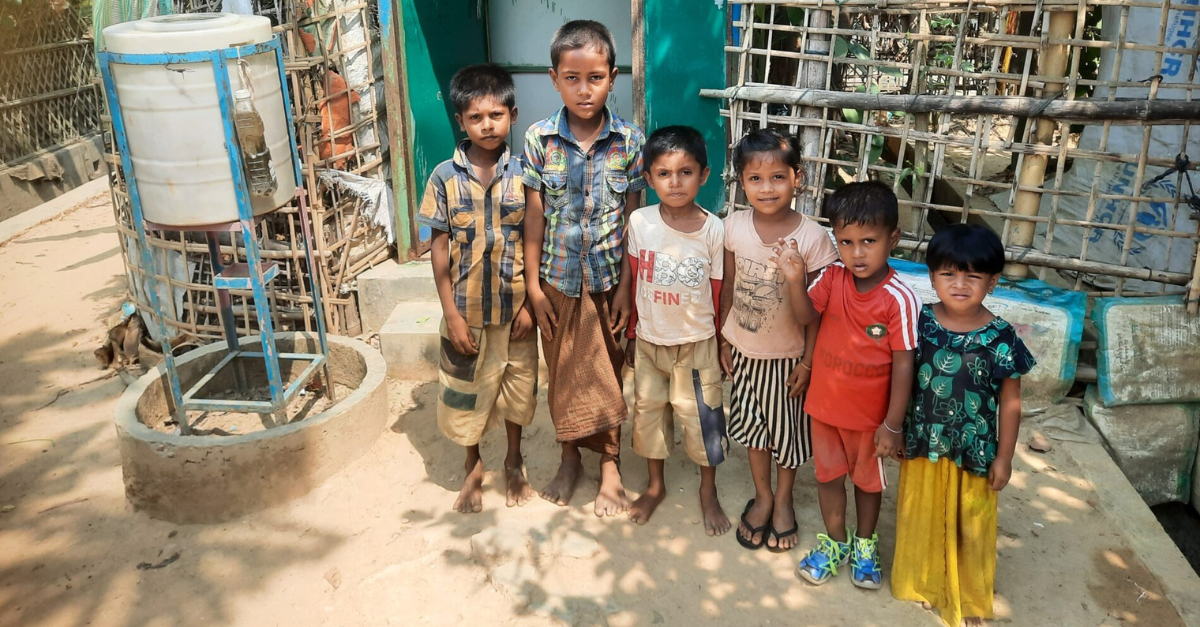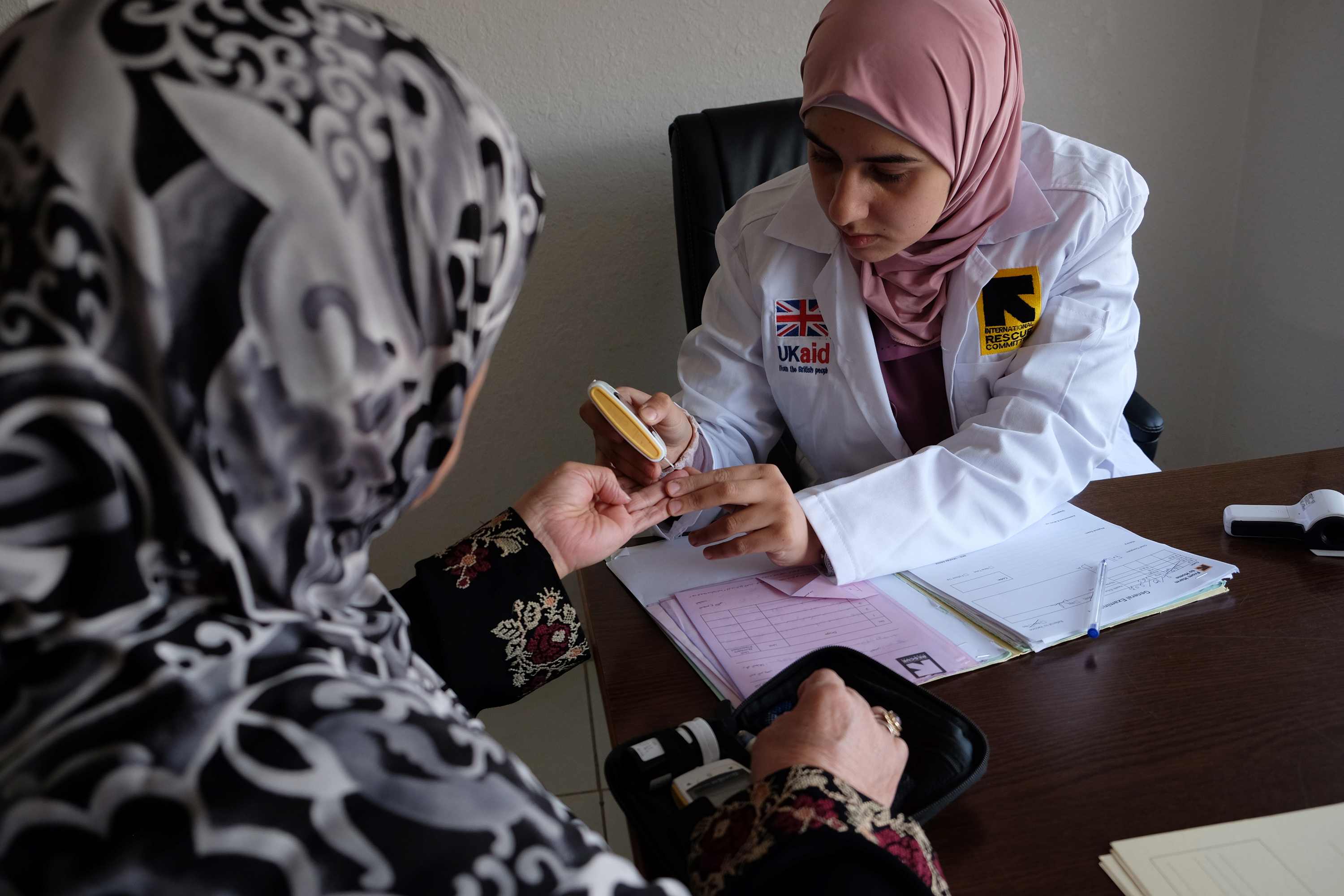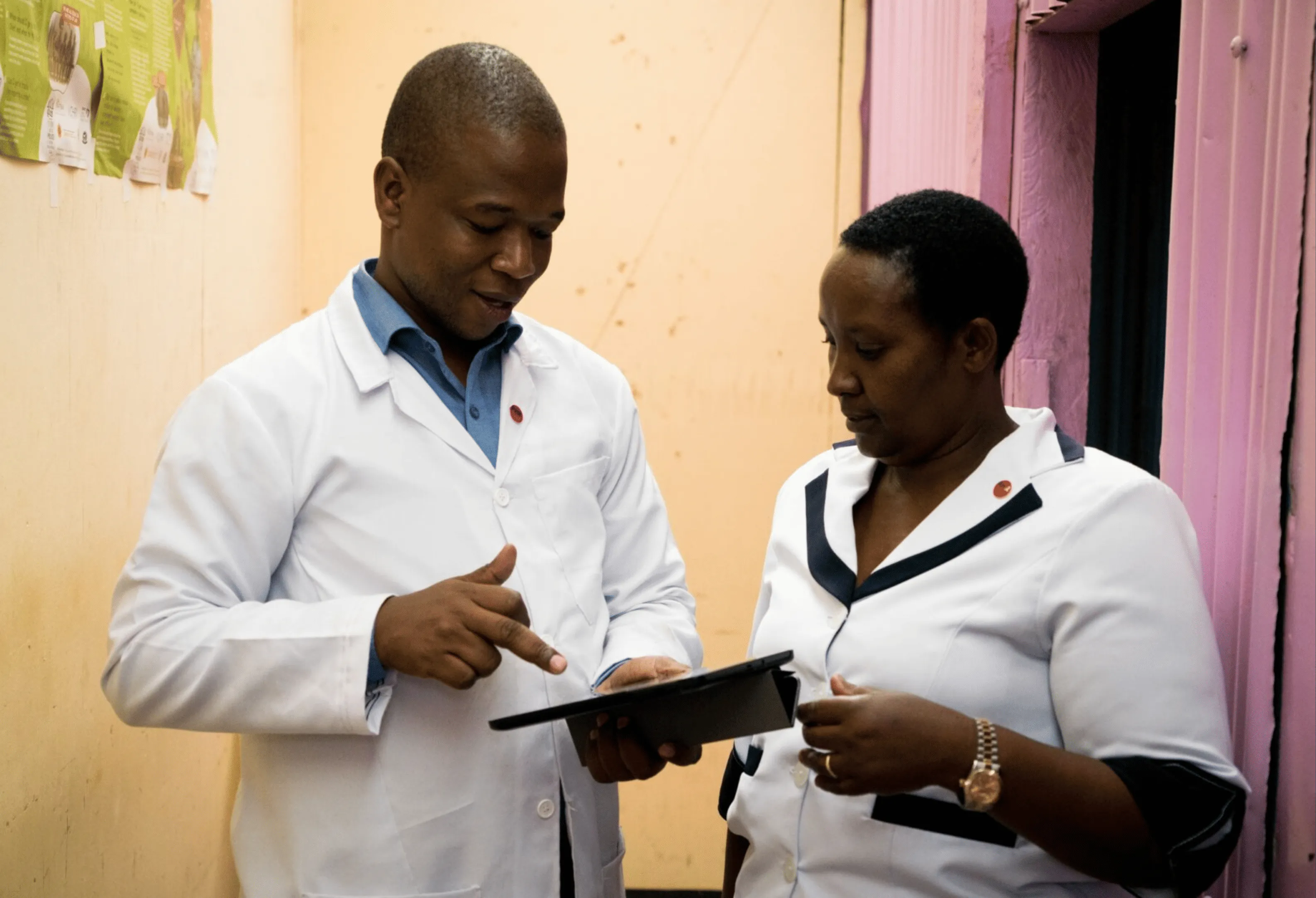Ethical Challenges in Situations of Extreme Violence

Humanitarian health organizations often face ethical challenges in conducting their operations. Needs of communities may exceed the capacity of the organizations to meet them; access to beneficiaries may be restricted by groups controlling territory; donors may require focus on a narrow set of health problems that don’t respond to population needs. In situations of extreme violence, especially where health care services are under attack, as in the case of Syria, the challenges are magnified and there are often no good solutions while violence continues.
In Syria, from the beginning of the conflict in 2011 through the end of 2018, there have been almost 600 documented attacks on hospitals affecting at least 350 facilities.
The attacks severely limit hospitals’ ability to provide quality care to patients and often require prioritizing trauma care over other health needs. People fear going to hospitals, once a place of safety but now potential sources of horror.
The ethical challenges health workers and humanitarian organizations face in these circumstances are uniquely wrenching. After a hospital is attacked, is it better to rebuild at the same location or move to a safer one farther away when doing so may hinder access to the facility for some individuals and communities? How should health NGOs and hospital administrators respond to community concerns that a presence of a hospital puts them at greater risk? When medical resources are short, and staff are insufficiently trained to perform complex trauma surgery, what standards of care should apply to meet organizations’ obligation to offer quality care? What obligations to humanitarian organizations and donors have to the well-being health workers who suffer trauma and moral distress?
To help meet the need to find structured ways of managing and responding to these challenges, with the support of R2HC, researchers from the Johns Hopkins Bloomberg School of Public Health, the Johns Hopkins University Berman Institute of Bioethics, the Syrian American Medical Society (SAMS) and the International Rescue Committee began a collaboration to explore the ethical challenges organizations and health workers face in situations of extreme violence. We aimed to identify relevant principles and offer tools to address these challenges.
The research began with a literature review of the ethical challenges organizations experience in humanitarian health practice in conflict settings. We then conducted 38 key informant interviews with organizational managers in Amman, Jordan and Gaziantep, Turkey and 61 interviews with front-line health workers in southern and northwestern Syria. The interviews explored the wrenching decisions health workers had to make and the enormous toll the experiences take on them ethically and psychologically. These were followed by workshops in Gaziantep, Turkey and Amman, Jordan to review the findings and discuss how organizations could respond to the ethical challenges. They also reviewed the potential applicability of decisional frameworksthat have been proposed for ethical questions arising in humanitarian health practice to problems arising in situations of extreme violence.
Through the workshops’ discussions and reflections of the collaborators, it became clear that organizations must approach these questions in systematic ways and better support health workers who confront them. We wrote a report of findings and made a set of recommendations to humanitarian organizations working in settings of extreme violence. They include:
- Commit time and resources to addressing key ethical issues the organization and the health professionals it supports face, including a commitment all levels of the organization to develop processes needed to address ethical challenges arising in the course of its work.
- Articulate clear ethical and humanitarian principles as a foundation to address the challenges they face. These can be based on principles widely accepted in the humanitarian community, supplemented by those the organization’s particular values.
- Provide regular training and support in ethics to staff and individuals within the organization. This includes training on core ethics and humanitarian principles and coping with moral distress.
- Create structures within the organization to support ethical decision-making and processes to respond to challenges facing it. This includes adopting decisional frameworks for addressing ethical questions that arise during its work and creating internal structures to facilitate and record decision making that are accessible to all.
- Provide support for the mental health and psychosocial needs of staff and others supported by the organization who must make ethically challenging decisions. This includes programs to address the psychological and moral distress health workers and managers face in these difficult contexts. Particular attention should be given, where applicable, to the gender-specific needs of female staff.
We published a handbook to provide advice on implementation of these recommendations.
Leonard Rubenstein, Johns Hopkins Bloomberg School of Public Health
Stay updated
Sign up for our newsletter to receive regular updates on resources, news, and insights like this. Don’t miss out on important information that can help you stay informed and engaged.
Related articles



Explore Elrha
Learn more about our mission, the organisations we support, and the resources we provide to drive research and innovation in humanitarian response.